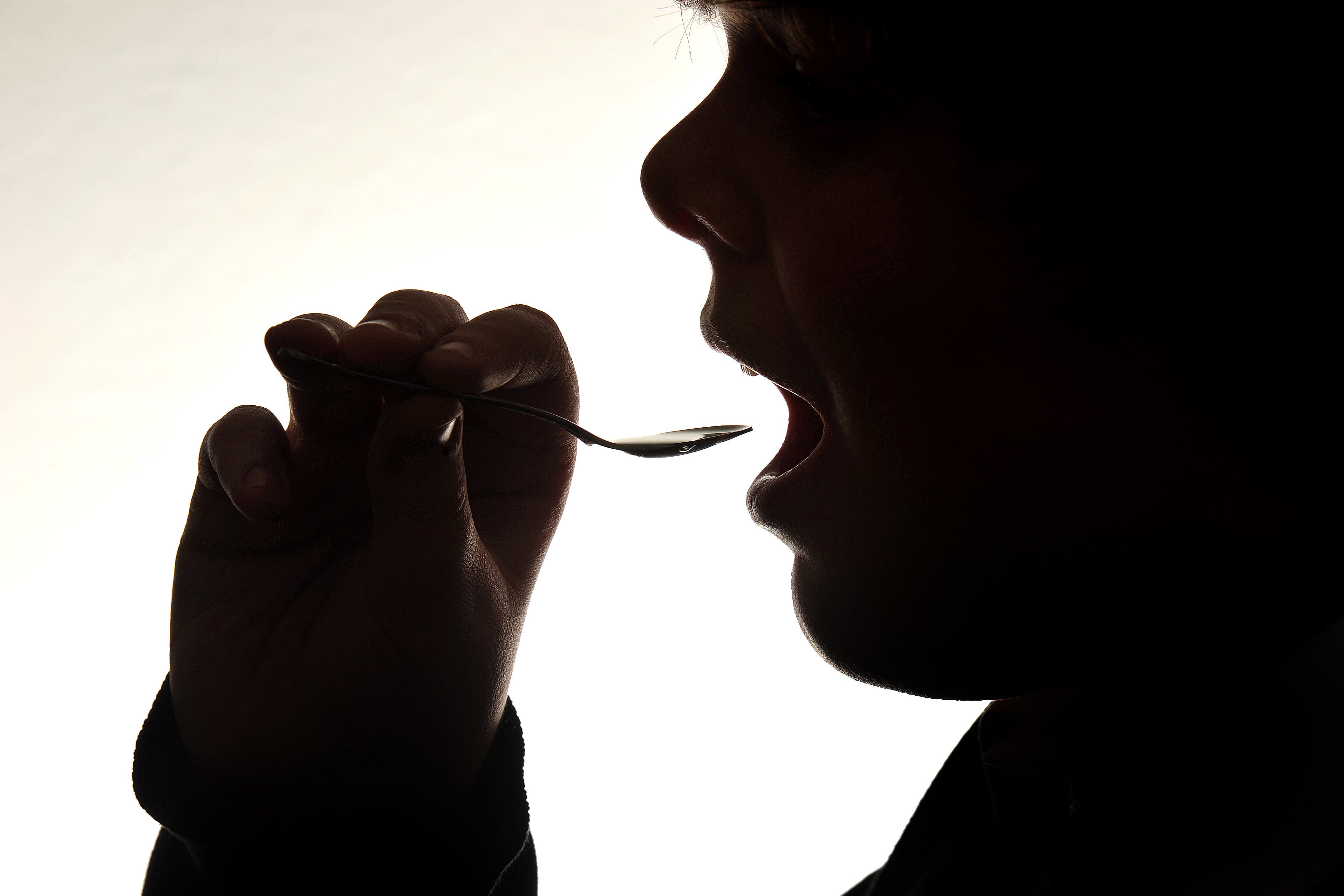What is the situation in the UK with flu this winter?
The rate of hospital admissions for flu has overtaken those for people with Covid-19 for the first time since the pandemic began.

Flu is circulating widely across the country and there has been a sharp increase in hospital cases.
Here are your flu questions answered:
– What are the symptoms of flu?
The NHS states that flu symptoms can appear quickly and can include: a sudden high temperature, an aching body, feeling tired or exhausted, a dry cough, a sore throat, a headache, difficulty sleeping, loss of appetite, diarrhoea or stomach pain, feeling sick, being sick.
– What should you do if you have the flu?
People with flu are advised to let their body rest, get some sleep, stay warm, take paracetamol or ibuprofen to lower your temperature and treat aches and pains, stay hydrated by drinking plenty of water. Urine should be light yellow or clear, the NHS states.
As flu is very infectious and easily spread between people through germs from coughs and sneezes, anyone who has it is advised to try and reduce the risk to others by ensuring they wash their hands often, covering their mouth and nose with a tissue when coughing or sneezing and putting used tissues in the bin.
People who feel unwell and have a high temperature are advised to stay at home and avoid contact with other people.
– Is flu serious?
Most people will get better after a period of rest, but some can become seriously ill.
The NHS has been encouraging people to get a flu vaccine ahead of winter. While the best time to have a jab is in autumn before flu starts spreading, people can get vaccinated later.
– Who can get a flu vaccine?
You are entitled to a free flu vaccine if you are aged 50 or over, pregnant, have certain health conditions, are in long-stay residential care, are a carer for or live with someone who may be at risk if you get sick such as someone living with HIV, has had a transplant, or is having certain cancer treatments.
A nasal spray flu vaccine is given to children who were aged two or three years old by August 31, all primary school children, some secondary school children children aged between two and 17 and who are living with certain health conditions.
– What is the situation in the UK with flu now?
Flu is now “circulating widely” across the country, with a sharp increase in hospital cases last week, particularly among the over-85s and children under five, according to the UK Health Security Agency (UKHSA).
In England, the rate of hospital admissions for flu has overtaken those for people with Covid-19 for the first time since the pandemic began, and is now running at a higher level than in any week since the 2017/18 season.
NHS England (NHSE) said the number of patients with flu in general and acute beds every day last week was at 1,162 – up by almost two thirds on the week before.
The number for patients experiencing the most serious illness for flu was also up, with 87 patients in critical care beds – almost 50% higher than the previous week, NHSE added.
– Did we expect there to be higher instances of flu this winter?
The UKHSA warned in September that flu was held largely in check last winter because people were mixing less and working from home more amid continued pandemic restrictions.
As a result, it has led to lower levels of natural immunity building up within the population to this current strain.
Due to the fact most young children will not have encountered flu before this winter, they do not have any natural immunity to the virus and therefore parents have been urged to ensure their offspring take up the flu vaccine.
– Can you get a flu vaccine and a Covid vaccine?
Yes. The NHS has been running a campaign to get people jabbed against both ahead of winter.
It states that getting both vaccines is important because more people are getting flu this winter and there is a greater likelihood of being seriously ill if you get flu and coronavirus at the same time.
Bookmark popover
Removed from bookmarks